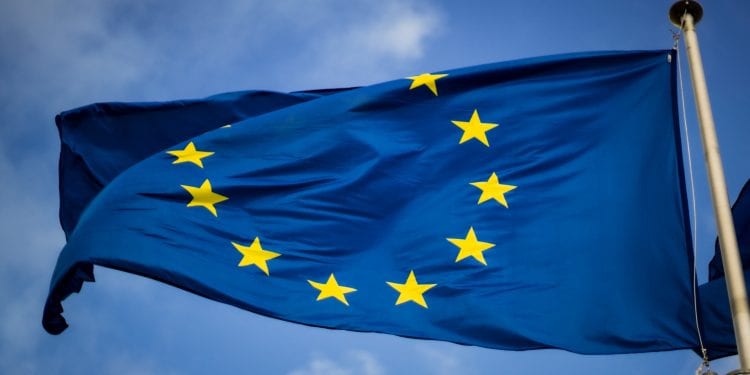Citing the need to invest in security capabilities, both Mastercard and Visa have announced that they are going to increase fees (which the global brands keep for themselves) and interchange (which the banks earn) now that Great Britain has stepped away from the European Union.
Before Brexit, these types of fee increase were not permitted by the European Commission. The networks might be playing with fire. These fees could easily and quickly be capped or even eliminated if regulators are so inclined.
PaymentsSource wrote this about the matter:
Starting in October, Visa plans to increase the interchange fee on digital payments made between European customers and British businesses from 0.3% to 1.5%, as well as vice versa, while the interchange fee for cross-border debit card payments made online will also rise from 0.2% to 1.15%. Mastercard is planning to implement the same fee increases, but only for online card payments made between British customers and European merchants.
Visa and Mastercard representatives told PaymentsSource that raising interchange fees on domestic-only transactions would not be possible, because they are capped by U.K. regulators. They also note that they do not directly benefit from increases in interchange, as these fees go to the issuing banks.
However, the card networks are also planning to increase their scheme fees — fees paid on each transaction which go to the card brand, while the interchange fees go to the acquiring bank — on cross-border payments in 2022. Industry experts say that this represents a substantial part of their business model.
“Interregional transactions are by far the most profitable for the card schemes,” said Mark Falcon, a former director of policy and strategy at the U.K.’s Payment Systems Regulator, who now runs payments consultancy Zephyre. “You can see that from their financial data, they make a third of their profits from interregional, which is the combination of the scheme fees and the foreign currency fees as well. Even though interregional is only a few percent of transactions in terms of volumes, it’s extremely high profit in terms of revenue.”
Overview by Sarah Grotta, Director, Debit and Alternative Products Advisory Service at Mercator Advisory Group









